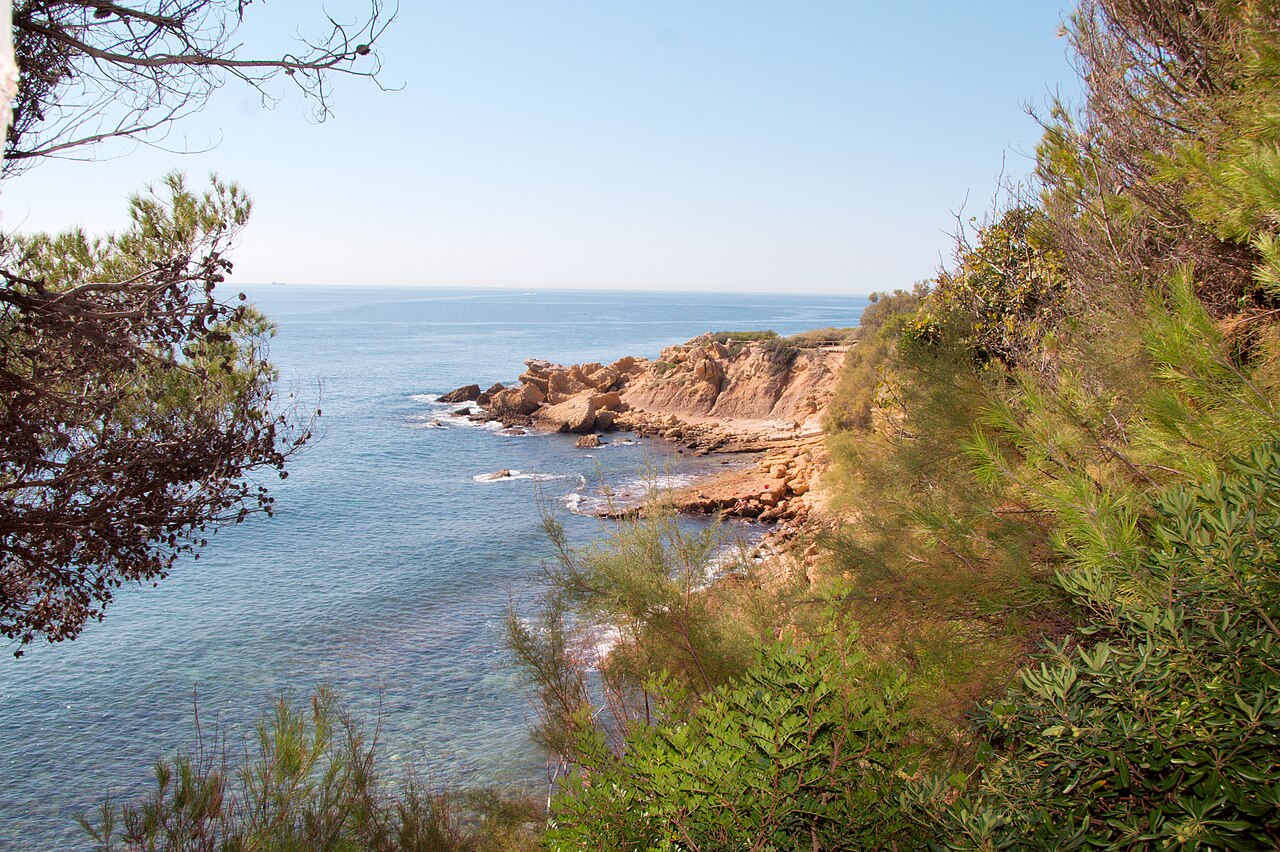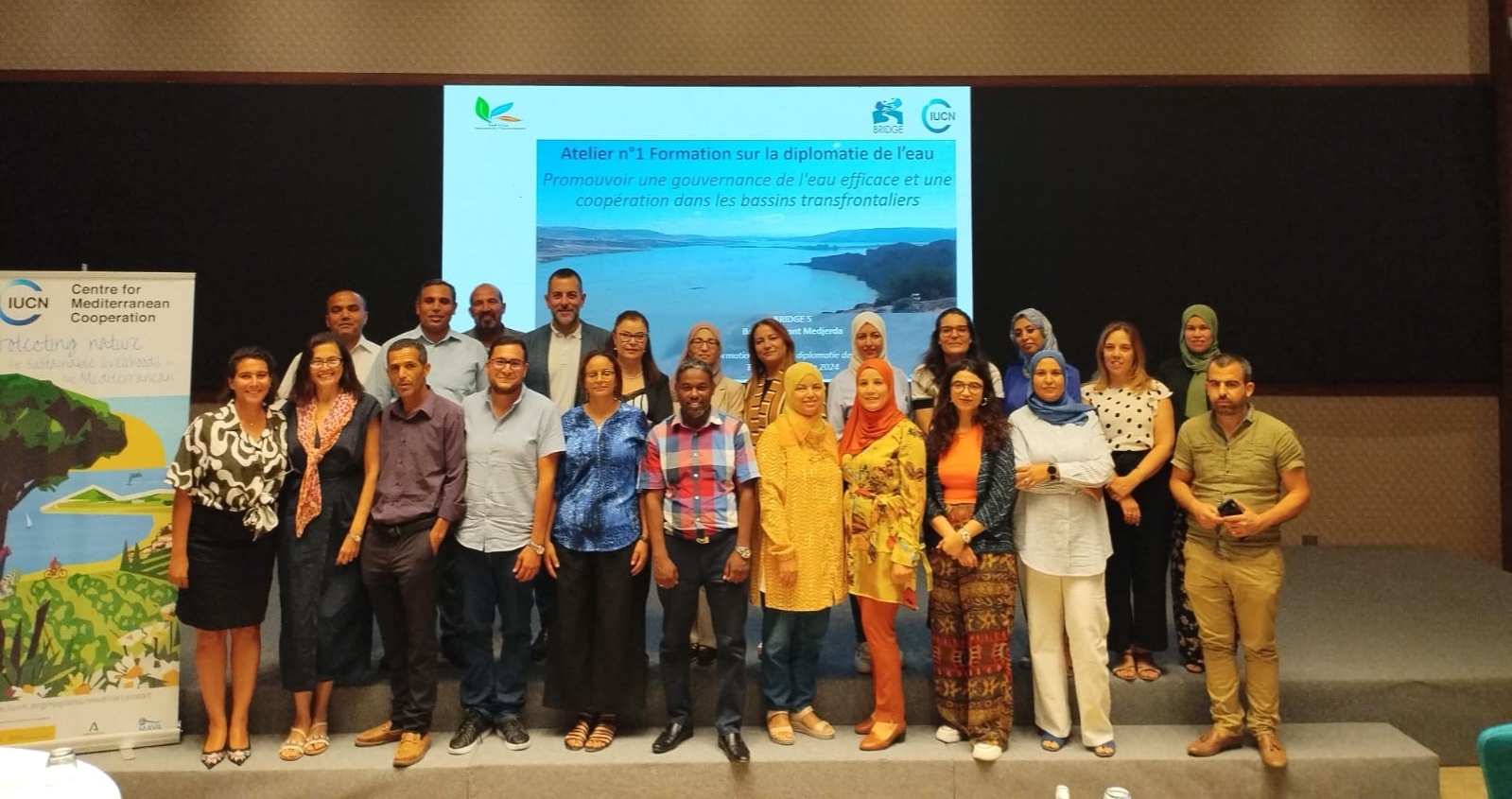Progress Towards a New International Agreement to Combat Trafficking in Wildlife
An important hurdle has been cleared in the race to add a new protocol to end wildlife trafficking to the UN Convention against Transnational Organized Crime, and efforts should now be redoubled to build upon State support for this critical initiative, including by WCEL members.
In May 2022, the United Nations Commission on Crime Prevention and Criminal Justice (CCPCJ) resoundingly adopted a landmark resolution that, inter alia, formally invites States to provide their views on “possible responses, including the potential of an additional protocol to the United Nations Convention against Transnational Organized Crime (UNTOC), to address any gaps that may exist in the current international legal framework to prevent and combat illicit trafficking in wildlife”. By doing so, the CCPCJ has opened the door towards development of a fourth UNTOC protocol that would follow the other three in seeking to tackle the illegaility inherent in cross-border trafficking through enhanced international cooperation.
Resolution 31/1 is entitled ‘Strengthening the interational legal framework for international cooperation to prevent and combat illicit trafficking in wildlife’. The Resolution marks the most recent success in a torrent of efforts aimed at bringing this new global agreement to fruition. Barely a year ago, Costa Rica and Gabon became the first States to express the need for a new protocol to combat wildlife trafficking, which they articulated in a joint call to action. This initiative was promptly bolstered when Angola announced that it was joining this call, with momentum continuing as Malawi offered its own public statement extolling the need for a new protocol. The European Commission, too, has said that it will promote the protocol’s adoption as part of its strategy to combat organised crime.
Remarkably, although the CCPCJ resolution was initially submitted by Angola, Kenya, and Peru, it ultimately gained an additional 12 state co-sponsors (Colombia, Ecuador, Egypt, Gabon, Ghana, Honduras, Malawi, Morocco, Mozambique, Paraguay, Philippines, and United States of America), according to the Global Initiative to End Wildlife Crime, of which the IUCN WCEL is a proud international champion.
The biodiversity of flora and fauna found among these supporting States is immeasurable in both size and importance, and attests to the critical need to protect wildlife from falling prey to international trafficking. This scourge and its multi-faceted repercussions are identified throughout the CCPCJ resolution. So it was heartening to see support for a new protocol expressed by States across all five UN regional groups. Such global support undoubtedly reflects the widespread recognition that a new protocol is necessary and timely to help safeguard wildlife, and fight the many harms resulting from its criminal trafficking.
“Gains made in tackling wildlife trafficking are both insufficient and fragile. We are still nowhere near ending these highly destructive crimes. Instead, they continue to escalate against a backdrop of rapidly changing environmental, human health, and security challenges. With this historic resolution, Angola, Kenya and Peru, together with 12 other co-sponsors, have paved the way for States to engage in a much needed, inclusive and constructive intergovernmental conversation on possible ways to strengthen the international framework for preventing and combating illicit wildlife trafficking, including the potential of an additional Protocol to the UNTOC. We will continue to offer our full support, upon request, to all States as they advance this critically important conversation.” John Scanlon AO, Chair of the Global Initiative to End Wildlife Crime (EWC).
The CCPCJ resolution now invites all member States to share their views on the merits of a new protocol on this issue, in anticipation of the CCPCJ’s next session, which will commence in April/May 2023.
The IUCN World Commission on Environmental Law encourages its global network of environmental law and policy experts to express their support for, and their expert opinions on, a new protocol to combat wildlife trafficking, both within their own communities and directly to the State representatives with whom they interact professionally.
__________________________________________________________________________________________________________________
Article by the IUCN WCEL Environmental Security and Conflict Law Specialist Group:

The mission of the IUCN WCEL Environmental Security and Conflict Law Specialist Group is to encourage dialogue, discussion and action among the membership, and to serve as the source of legal expertise, in relation to environmental security and conflict issues.



